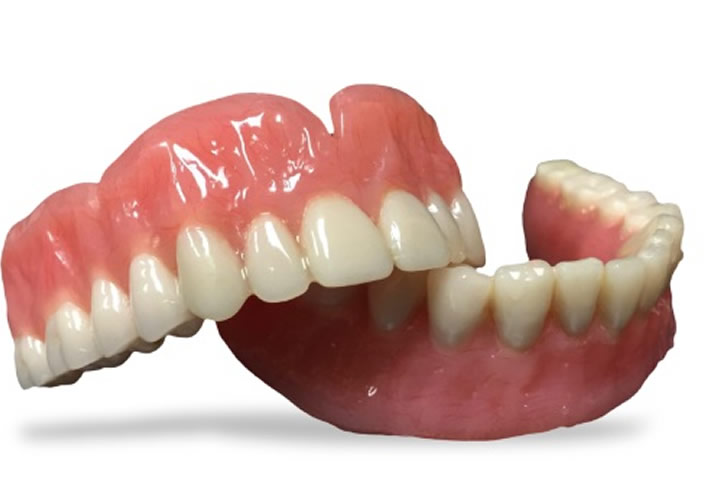Guide to Affordable Dentures Options
For many, the cost of dental care can be surprisingly high, especially when it comes to replacing missing teeth with dentures. With numerous options available, each varying in cost, material, and durability, navigating the path to selecting the right dentures can be daunting. This guide aims to demystify the process and provide valuable information about affordable denture options, armed with facts and practical tips.

Understanding Dentures and Their Importance
Dentures are removable appliances that can replace missing teeth and help restore your smile. If you have lost your natural teeth, whether from gum disease, tooth decay, or injury, replacing missing teeth will benefit not only your appearance but also your health. Without support from the denture, facial muscles sag, making a person look older. What’s more, dentures will help you eat and speak more comfortably—a significant improvement over life with missing teeth.
Types of Dentures: Complete and Partial
There are two primary types of dentures: complete dentures and partial dentures. Complete dentures are used when all the teeth are missing, while partial dentures are applied when some natural teeth remain. Partial dentures not only fill in the spaces created by missing teeth, but they also prevent other teeth from changing position. A study from the American Dental Association showed that about 41 million Americans wear dentures, indicating their effectiveness and necessity for maintaining proper oral health.
Materials Used in Dentures
The cost of dentures largely depends on the material used. Common materials include acrylic, nylon, or metal for the base, and porcelain or acrylic for the teeth. Acrylic resin has become the first choice for dentures due to its adaptability during fitting, aesthetic quality, and lower cost. It’s also lighter and more comfortable than porcelain, which albeit offers a higher degree of durability and a more natural appearance, tends to wear down natural teeth opposite the denture at a faster rate.
Economy Dentures: Pros and Cons
Economy dentures are the least expensive option and can be made quickly. They are generic dentures, pre-made in various sizes, shapes, and colors. This option may appeal to those on a tight budget since they typically cost between $300 and $500 per arch. However, because they are not customized, the fit and comfort are often compromised. Additionally, the materials used are usually of lower quality, meaning they are less durable and may need more frequent replacements or adjustments.
Mid-range Dentures: A Balance of Cost and Quality
Mid-range dentures offer a balance between cost and quality, typically costing between $500 and $1,500 per arch. These dentures are customized to the shape of your mouth, which provides a better fit and more natural appearance compared to economy dentures. The materials used are also typically higher in quality, making them more durable. They are a good middle-ground for those who look for something better than the basic economy option but can’t afford the high-end choices.
Premium Dentures: Features and Benefits
Premium dentures represent the high-end of denture options. They usually cost between $2,000 and $4,000 per arch but provide the best appearance and functionality. These dentures use top-of-the-line materials that mimic the translucency and texture of natural teeth. They also include options for gum coloring and more detailed tooth customization. Additionally, premium dentures are built to be much more durable and come with warranties, ranging from 7 to 10 years, which is not typically offered with cheaper options.
Practical Tips for Choosing the Right Dentures
When it comes to choosing the right dentures, consider both your budget and needs. It’s advisable to consult with multiple dentists to get professional assessments and quotes. Ensure that the dentist provides a thorough examination to recommend the best denture type for your oral condition. Moreover, ask about the materials used, warranty, and what the prices cover, such as follow-up adjustments and repairs.
Additional Cost Considerations
In addition to the initial cost of dentures, there are other costs involved including dental exams, X-rays, and tooth extractions. These can add up quickly and should be factored into your total budget. For those eligible, insurance may cover some of these costs, and financing options are often available. Furthermore, consider the ongoing maintenance costs such as regular dentist visits, adjustments, and eventual denture replacements.
Conclusion: Finding Your Best Fit
Ultimately, finding the right dentures that meet your needs and budget can significantly improve your quality of life. While the process might require an upfront investment, the ability to eat, speak, and smile comfortably is invaluable. By understanding the different options and their associated costs, you are better positioned to make an informed decision that balances quality and affordability. Remember, a good set of dentures not only restores function but also brings back confidence and self-esteem.







Recent Comments